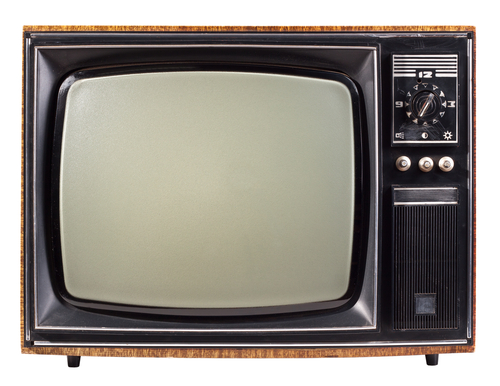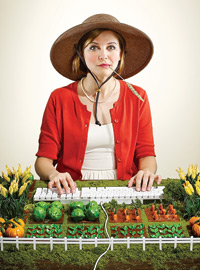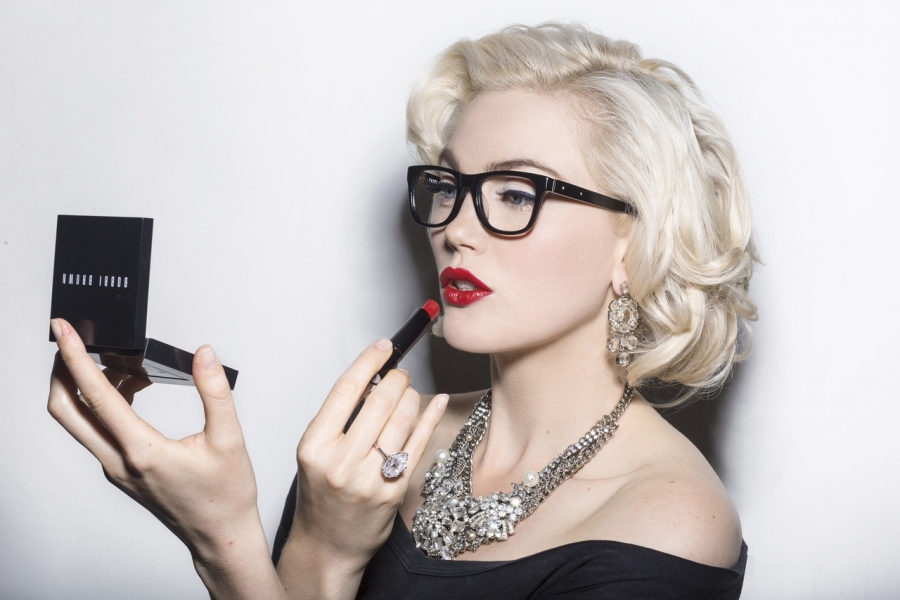Now "House" is over, but for the exit interviews. So it seems only fitting he would choose the same hotel where it all started. Only this time he's just here for the day; in a bit he'll begin a world tour with his band Copperbottom and leave the world of Dr. Gregory House far behind.
"It's a proper world tour," he said, as if he might not be believed. "I mean people say 'world tour' and it's two stops, but we're going from Buenos Aires to Moscow."
Laurie is a tall man, lanky, and though he looks, obviously, like House, he also doesn't. There's no limp, for example, but an easy laugh and he smiles a lot, his mouth hooking up at the corner like a boy's. Walking into the room with his motorcycle helmet in one hand and gloves in the other, he exudes such an air of genuine congeniality that you wonder how exactly he suppressed it on camera for all those years.
It's been a long goodbye, he said, with weeks of farewells as this actor or that crew member shot their final scene.
"I got very emotional whenOmar [Epps] left," Laurie said. "I did his test with him. Robert [Sean Leonard] was the only one who shot right to the end, so we had our last day together. And he took off like a scalded cat; I suppose he knew it would be emotional. And that we would see each other soon so ..."
Although Laurie is clearly looking forward to the next leg of his professional journey, he said he will miss Gregory House.
"I don't feel he was my character; he's not like me, or I'm not like him, but I do love him. I think it's part of an actor's responsibility to love the character you play, and I found him endlessly unpredictable and funny and self-loathing and unhappy. I was attracted to and moved by his unhappiness," he added, "and by unhappiness in general. Unhappiness is an unfinished state; happy people don't need our help."
It has become something of television lore that when Laure auditioned for the role, taping his reading in a hotel bathroom while filming a movie, he assumed House was a supporting character. When he found out otherwise, he argued against the show being named for his character, favoring something more in the medical drama line. But he quickly realized that the show was not a medical drama so much as it was a character study."I remember [executive producer] Bryan Singer looking at early episodes and saying as if this were a sudden penetrating insight, 'This show is really about this character House,' and we all dutifully answered, 'Oh yes, I suppose you're right, I suppose it is.'"
This put an extraordinary amount of pressure on Laurie; for many seasons he seemed to be in every scene, and at times it looked as if it were taking a physical toll on him. "I was and it did," he said, smiling but just a bit. "It was a very consuming part, and I worked very hard to get it right. It's a necessary trick of television that characters can't really change. In film, because you know where the ending is, characters can change, but in television, you substitute revelation for change and that can be hard to pull off."
Paraphrasing from a Harold Brodkey short story -- "You will find that I have no original thoughts of my own, only quotes" -- he explained that the paradox of television, as with film, is to surprise an audience with logic. Something, he said, creator David Shore was capable of doing up until the final episode.
"When House ... oh wait, that's the finale, can't spoil it," he said, searching for an example. "OK, back up, when Wilson decides to try a dangerous course of chemo, House argues against it, tells him he's crazy, that he'll kill himself. And then, as he's leaving, he stops in the doorway and says, over his shoulder, 'We'll do it at my place.' I honestly did not see that coming. It's such a lovely declaration of love and companionship. I thought House would just walk away at that point, but when I read it, I realized 'No, this is what he would do.' Logical, yet surprising."
Laurie credits Shore effusively and often for the creation and evolution of House, and literally growls when reminded of the many similar characters that followed in House's wake. "Shall we name them?" he asked. "No, better not. But what makes me really angry is ... no, better not."
Even so, House remains the gold standard. A pill-popping, often psychologically sadistic doctor who will literally stop at nothing to make his point, and yet beloved by millions. Even taking into consideration Laurie's big baby blues and House's wit, how is that possible? What did we see in House for all these years?
"I think there is a basic comfort in clever people who know things," Laurie said. "I think of House as a deeply moral character, though some would no doubt argue with me. He does not judge. Beyond his normal tetchiness, there were no more than a half-dozen moments of actual condemnation from him. He understood lies and also why you lied, and there was an absolution there that is very, very appealing."
It also helped, he said, that Shore made House a doctor rather than a cop, so his job did not require judgment. "House discovers the truth and cures you, rather than discovering the truth and sending you off in handcuffs to jail. So there was a quality of mercy about it too. He saved lives."
Also," he added, "I think everyone realized that no matter how hard he was on them, he was harder on himself. We live in a world where people are afraid of being seen for who they really are. But House saw, and he understood."
.gif)


.jpg)

.jpg)


